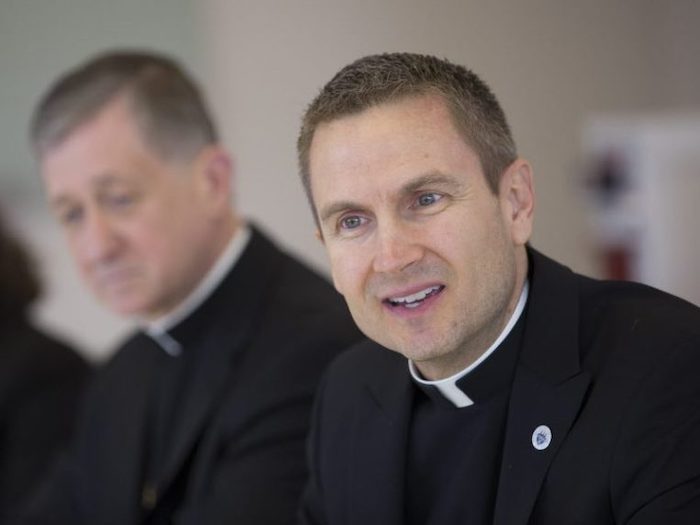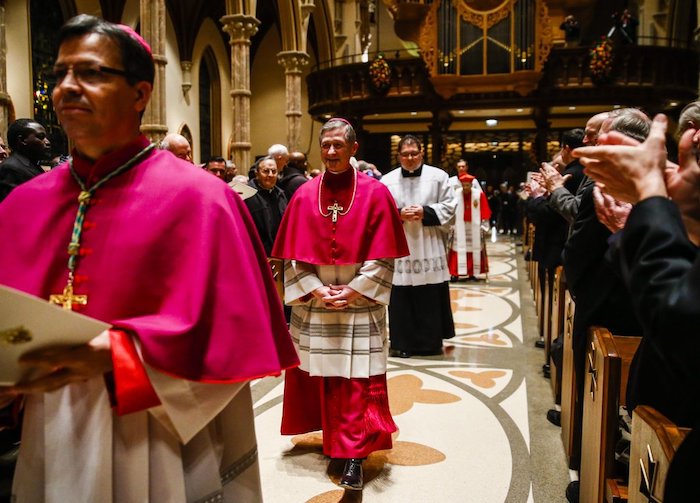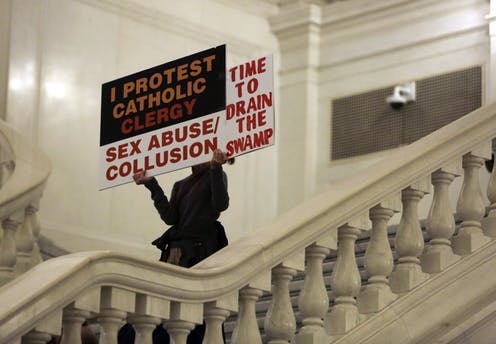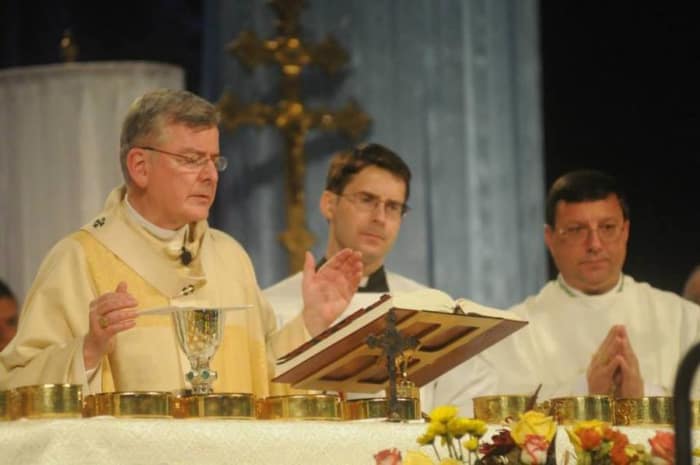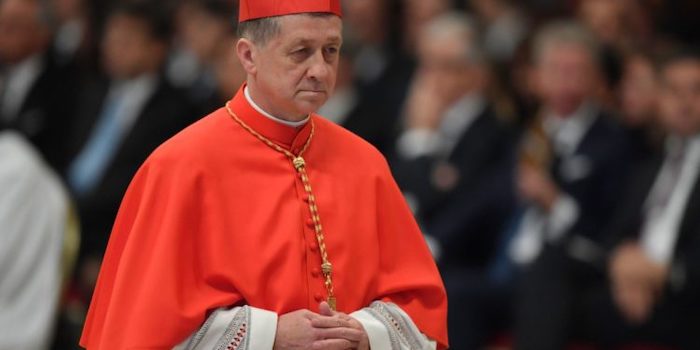
Recent revelations that U.S. bishops are still concealing allegations of clergy sexual abuse made headlines this past summer and again this Christmas season. A grand jury investigation in Pennsylvania found that bishops in that state failed to report abuse committed by 300 priests against 1,000 children. A report by the Illinois attorney general concluded that bishops in the state withheld the names of more than 500 priests accused of sexually abusing minors.
The U.S. Catholic hierarchy is once again asking forgiveness and promising reforms to earn back the trust of parishioners and the American public. Bishops from across the country are meeting north of Chicago during the first week of January for a spiritual retreat of quiet reflection to “seek wisdom and guidance from the Holy Spirit” and to “pray for the survivors of sexual abuse.” A few weeks later, in February, the presidents of bishops’ conferences around the world will gather in Rome for a Vatican summit on the crisis to launch “a worldwide reform.”

This pattern of periodic revelations of coverup followed by expressions of remorse and promises of reform is a familiar one – and it is likely to persist so long as the Catholic hierarchy continues to blame the scandal on the sexual misconduct of priests rather than the lack of accountability for their own duplicity.
History of Coverup
Personnel files in dioceses around the U.S. contain allegations of sexual misconduct against priests dating back to the 1930s. The National Conference of Catholic Bishops discussed the problem in closed-door meetings starting in the 1970s. Every U.S. bishop knew about the problem, but not one of them reported it to criminal justice authorities.
The scandal first came to light when a lawsuit against a Louisiana diocese filed by victims of a serial child molester Father Gilbert Gauthe made national headlines in 1984 and prompted other victims to speak out. In response, the bishops dedicated an entire day of their semiannual conference to examining the psychological, legal, and moral aspects of clergy sexual abuse. They issued public apologies, expressed empathy for victims, and instituted reforms.
The crisis flared up again eight years later in 1992, when sexual abuse victims publicly exposed Father James Porter, who molested more than 100 known victims between the ages of 6 and 14, and whose predations were well known among his colleagues and superiors within the Church. Again, the bishops dedicated a day of their annual conference to the issue and adopted a nonbinding set of Five Principles to respond to the crisis, pledging prompt response to allegations, removal of accused priests, increased reporting to law enforcement, victim outreach, and greater official transparency. An ad hoc committee issued a three-volume report called Restoring Trust.
In 2002, the Boston Globe’s Pulitzer Prize-winning investigative reports again
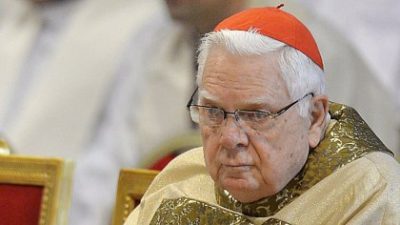
shined a spotlight on the bishops’ coverup of clergy sexual abuse. The most egregious offender in this round of revelations was Father John Geoghan, who reportedly abused more than 800 victims over a 33-year period. His crimes were concealed by no fewer than six bishops, including Cardinal Bernard Law, the archbishop of Boston and arguably the most powerful figure in the U.S. Catholic Church. Once again, the bishops issued apologies and published new reforms in the Charter for the Protection of Children & Young People, a binding policy that proclaimed “zero tolerance” for clergy sexual abuse within the Church.
Fathers Gauthe, Porter, and Geoghan were merely poster children for the scandal. By the bishops’ own reckoning, diocesan files contained sexual abuse allegations against 4,392 priests by 10,667 victims between 1950 and 2002. Lawsuits forced the bishops to pay hundreds of millions of dollars in compensation to victims, and ongoing revelations of coverup eroded the U.S. Catholic hierarchy’s moral authority.
Bishops Deflect Blame
Through it all, and still today, the bishops have attempted to deflect blame for the crisis onto others -portraying themselves as the victims of unfair media coverage and a popular culture that has corrupted the Church.
In response to the Illinois attorney general report, Cardinal Blase Cupich, the archbishop of Chicago, issued a statement expressing “profound regret for our failures to address the scourge of clerical sexual abuse” followed by a reminder that “the vast majority of abuses took place decades ago.” Translation: we’re very sorry for the misdeeds of our predecessors.
Bishop Edward Scharfenberger of Albany, New York, issued a statement in response to the Pennsylvania grand jury investigation explaining that “I do not see how we can avoid what is really at the root of this crisis: sin and a retreat from holiness” – by which he meant disregard of “our Church teaching [that] it is a grave sin to be ‘sexually active’ outside of a real marriage covenant.”
He went on to lament that “contemporary culture in our part of the world now holds it normative that sex and sexual gratification between any consenting persons for any reason that their free wills allow is perfectly acceptable,” and he called for “a culture of chastity” to “drive the evil behaviors among us from the womb of the Church.” Translation: the real sin here is not the misconduct of church officials but contemporary attitudes towards sexuality that have eroded traditional values and corrupted the clergy.
To be fair, children are safer as a result of reforms implemented by Church officials in response to the scandal. The Church no longer provides a safe hunting ground for predators like Gauthe, Porter, and Goeghan, who abused dozens or hundreds of victims over decades.
However, so long as the bishops continue to focus on the failings of others and on fighting culture wars, rather than removing bishops who conceal crimes and transforming the culture of impunity within the Catholic hierarchy, the clergy sexual abuse scandal will not go away.
Complete Article ↪HERE↩!

